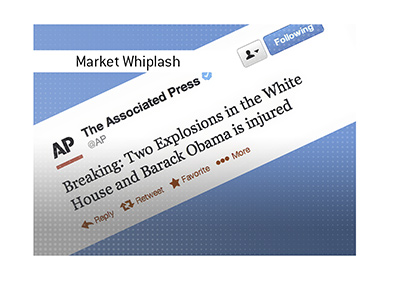Music Industry Wins Startling Judgment Against Woman
 Before the days of Itunes, many people used "illegal" (at least at the time) file-sharing platforms such as Napster, Limewire and Kazaa in order to download music files.
Before the days of Itunes, many people used "illegal" (at least at the time) file-sharing platforms such as Napster, Limewire and Kazaa in order to download music files.The Recording Industry Association of America (or RIAA) reportedly brought over 35,000 legal actions against people who were suspected of "illegally sharing music" until they changed their policy in December.
Of these 35,000 legal actions, only one actually went to trial.
A number of music labels, including Universal, EMI Group, Warner Music Group and Sony Music Entertainment, found themselves in court this month, contending that Jammie Thomas-Rasset of Brainerd, Minneapolis should face heavy sanctions for "illegally sharing music online".
Lawyers for the music labels contended that Thomas-Rasset had posted 24 songs on Kazaa. They argued in front of a jury that the woman should be fined heavily for each and every song that she posted onto the network.
Lawyers for Thomas-Rasset argued that there was no way to prove that she had actually been the one that had posted the 24 songs on the site.
This case had gone to trial before, and the music labels had won that time as well.
The labels won the first verdict, and were to receive a sum total of $222,000 from Thomas-Rasset at the time, but the verdict was subsequently thrown out.
The case went to a retrial, and the second verdict was even more mind-boggling that the first.
Thomas-Rasset was ordered to pay a total of $1.92 million dollars to the labels, or a total of $80,000 per song.
Her lawyers have said that they will either appeal or try to negotiate a settlement.
Thomas-Rasset is not rich. Thomas-Rasset is just like you and me - she works a normal job and wonders why she is being targeted by the labels. She doesn't have the money to pay the verdict (or anything close to the total amount), and says that you "can't get blood out of a turnip".
Thomas-Rasset contends that she is innocent. Lawyers for the music labels believe that there is clear evidence to show that she is lying, and they also believe that the astonishing verdict from the jury was a clear sign that they were "angry" with Ms. Thomas-Rasset about her continued "lying".
The minimum per-song award for copyright infringement is $750, and can run as high as $150,000. The jury decided on $80,000.
The labels are not indicating whether or not they will actually try to collect the princely sum from Thomas-Rasset. They realize that this would be an extremely unpopular move, and they apparently don't want to stoke any more anti-music industry flames by pressing the issue too hard.
My opinion? A ridiculous decision that was the result of more bullying by the music industry.
Try as they might, litigation and bullying tactics won't revive a drowning music industry.
Just my opinion, of course.
Source: NYT - Music Labels win Almost $2 Million in Internet Case
Filed under: General Knowledge



